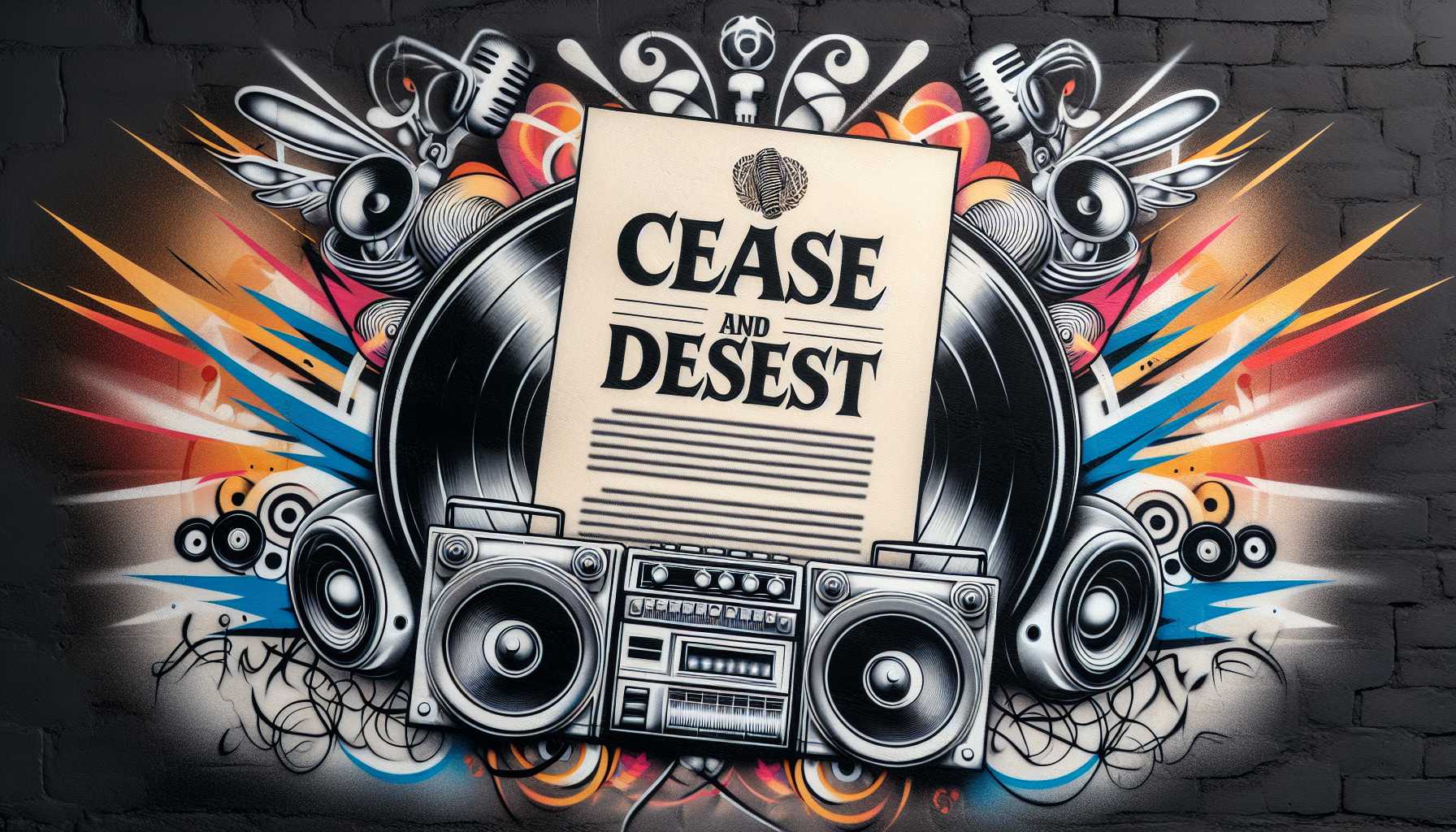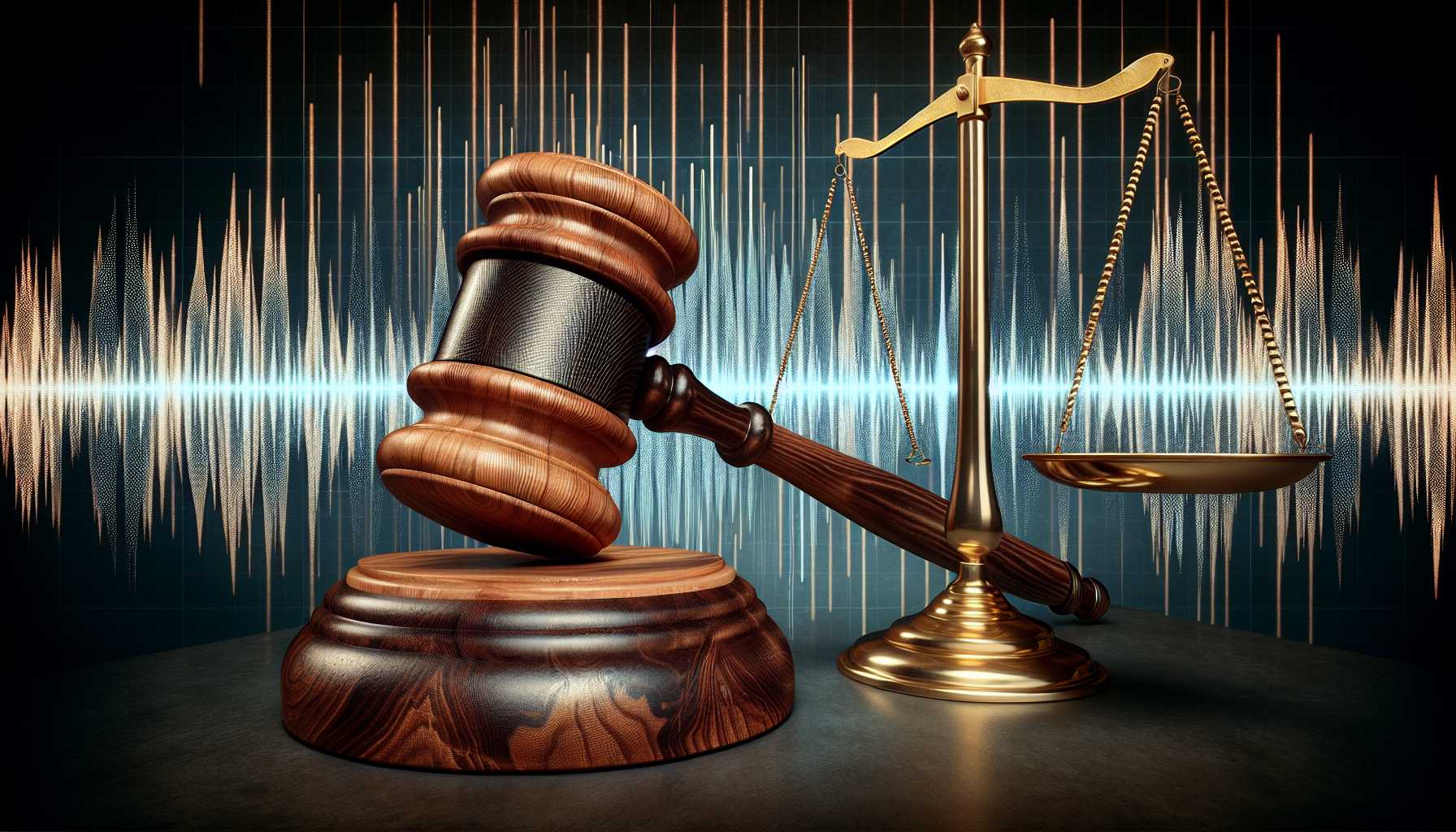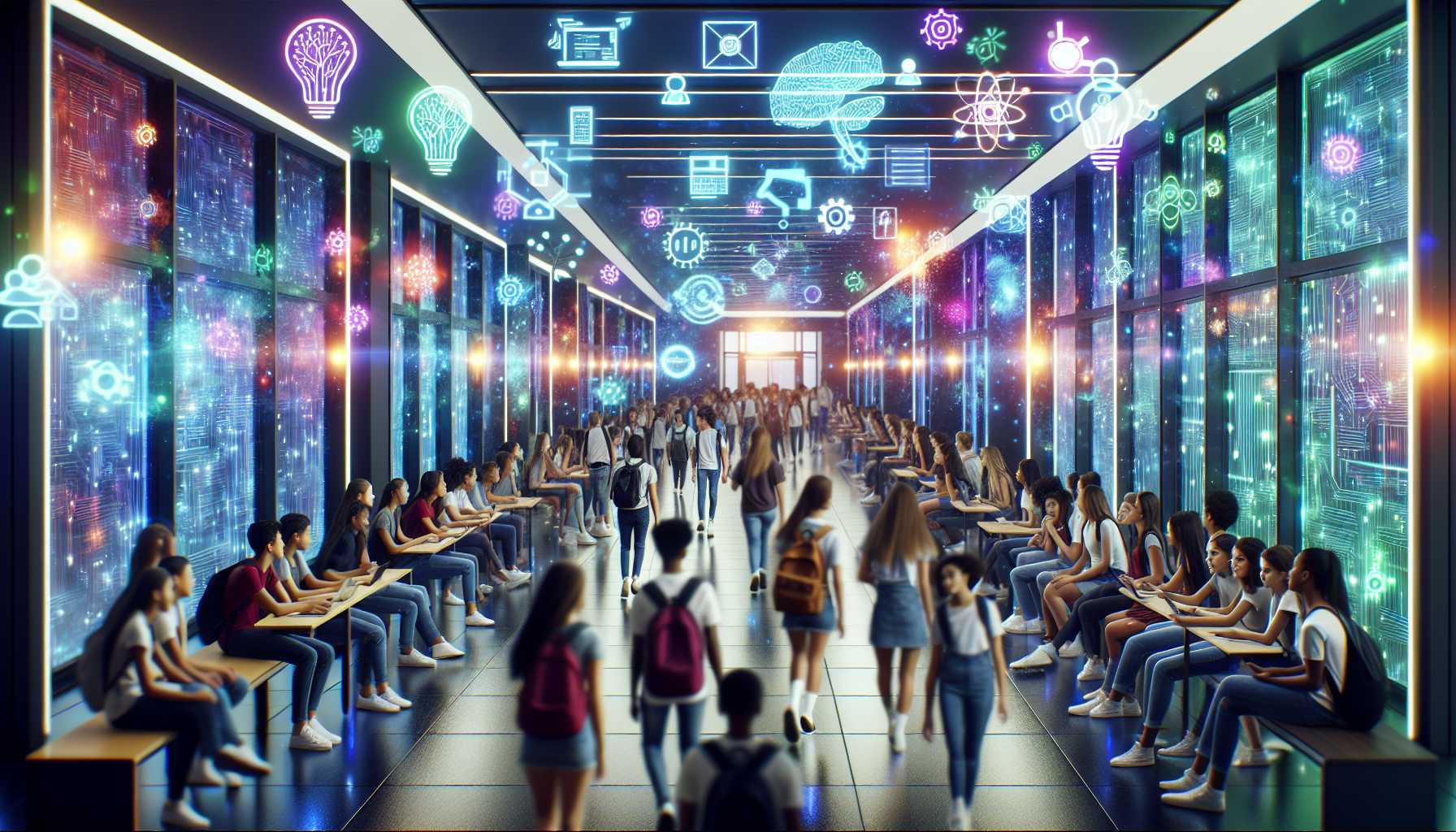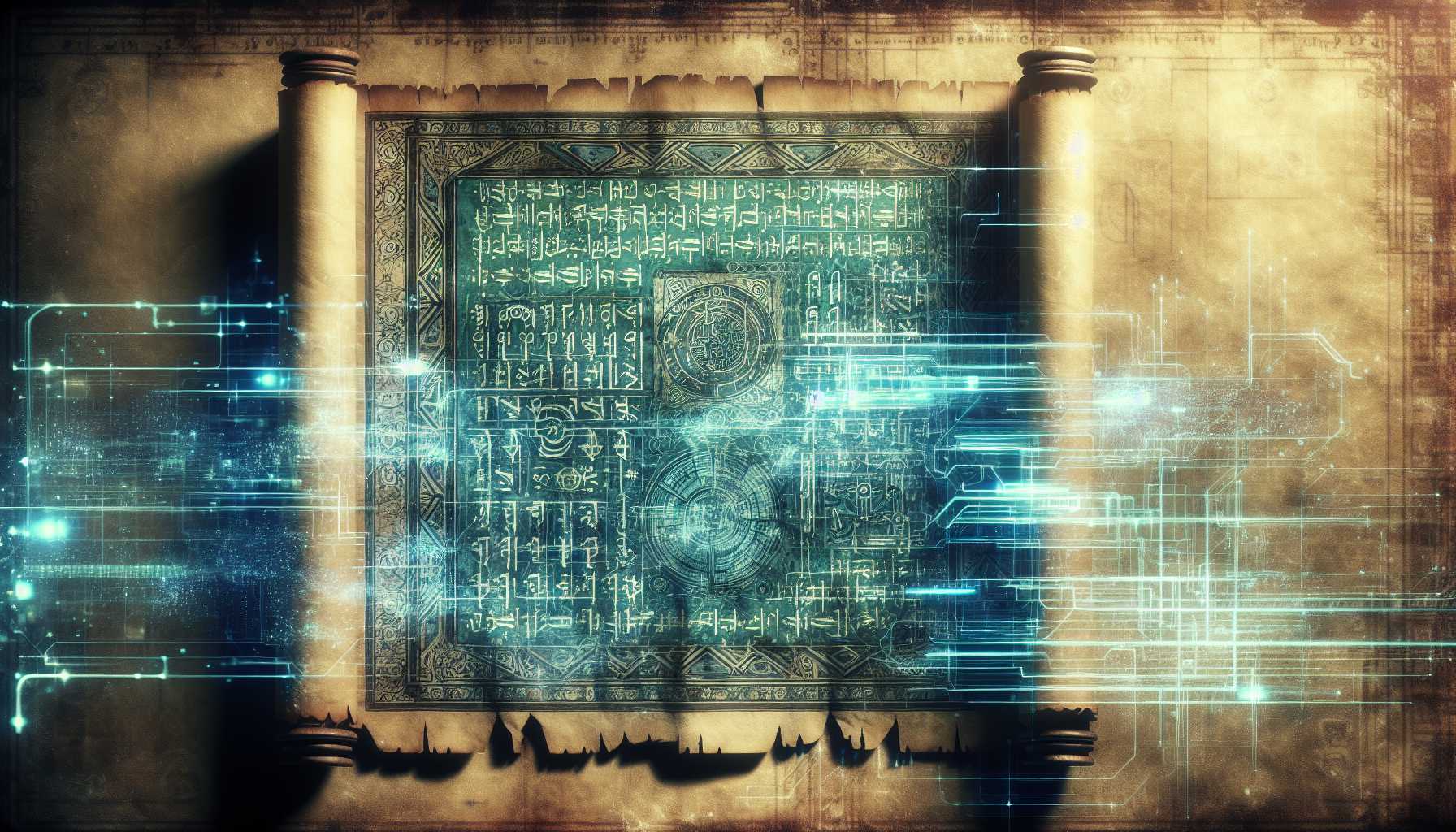The Controversy Surrounding AI Cloning in Hip-Hop
In an unexpected twist rivaling a sci-fi thriller, Drake’s latest diss track, “Taylor Made Freestyle,” has sparked more than just lyrical warfare. It has ignited legal battles and ethical debates over the use of AI to clone the voices of fallen hip-hop legends.
The estate of Tupac Shakur was less than thrilled when an AI-generated replica of his voice was used to throw lyrical jabs at Kendrick Lamar. A cease-and-desist letter was promptly served, with Shakur’s estate demanding immediate action against what they consider a “flagrant violation” of rights and a “blatant abuse” of Tupac’s legacy.
Let’s break down the gravity of using such technology and its cultural ramifications in an industry built on originality and respect.
AI Voice Cloning: A Double-Edged Sword
Voice cloning technology has been worming its way into our digital lives, for better or worse. When an AI sounds so spookily like Snoop Dogg that the Doggfather himself is left scratching his head, we’ve got to ask: where do we draw the line?
On one side, you’ve got potential for innovation and new forms of content creation. But on the flip side, there’s a dark alley of legal pitfalls and ethical quandaries. One wrong step could lead to a legal showdown or, worse, a tarnished reputation.
And with Universal Music Group’s history of combating similar AI voice use concerning their artists, the stance seems clear – unless, of course, financial advantage comes into play, leaving us all scratching our heads over where the moral compass actually points.
Legal Echoes in the Void of Voice Cloning Legislation
As intriguing as AI technology is, navigating the legal landscape of voice cloning is like trying to solve a Rubik’s cube blindfolded. Laws are doddering to catch up with technological leaps, leaving artists and estates in a murky limbo.
The “ELVIS Act” in Tennessee and the “No AI FRAUD Act” at the congressional level are the first baby steps towards legal clarity. However, until these become the norm, tech moguls and creative pioneers alike must tread cautiously to avoid stepping on the legal landmines that are scattered across the path of innovation.
The Shadowy Lane of AI in Education: A Baltimore Scandal
Moving from the studio booth to the high school halls, AI voice cloning has slithered into more than just beats and bars. In a plot that feels torn from the pages of a sci-fi novel, a former Baltimore high school sports director employed AI to impersonate a principal, triggering racist and anti-Semitic accusations.
It’s a chilling reminder that technology, when used with malicious intent, can fan the flames of distrust and unrest in our communities. Just as with Tupac’s estate’s battle, it’s a wake-up call on the urgent need for regulation and ethical standards in AI technology deployment.
The Paradox of Progress: AI’s Grip on History and Truth
The debate doesn’t rest solely on legal or ethical grounds; it delves into the philosophical. Artificial intelligence is redefining the boundaries of history and truth.
The case of Digitally resurrecting Greek philosopher Plato’s resting place unfolds like a historical thriller, showcasing AI’s potential to rewrite chapters of our past. Yet, it raises a pivotal question: As we digitally mine for truths long buried, are we ready to grapple with the Pandora’s box of authenticity versus fabrication?
In conclusion, while the fascination with AI voice cloning and its capabilities grows, the echoing concern remains: regulations and laws need to sprint to catch up with technology’s marathon. The journey ahead is fraught with uncertainties, but it’s imperative that we shape the terrain with a compass that points steadfastly towards ethical north.





